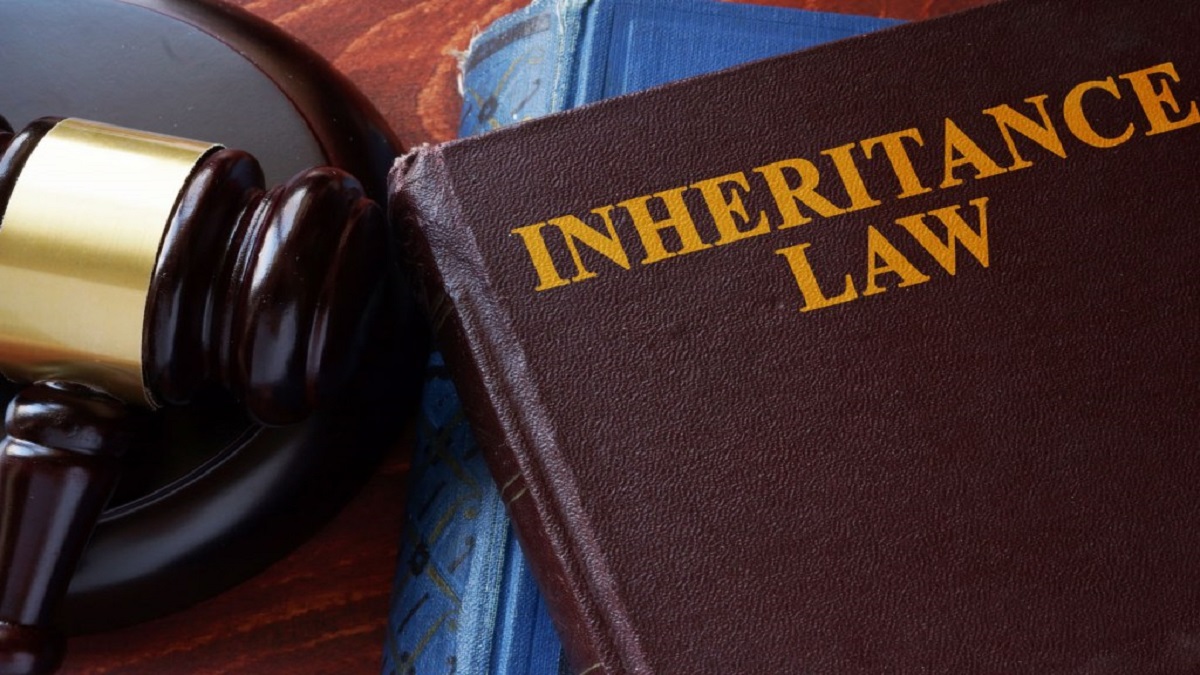Inheritance laws are the laws and rules that govern how individuals receive assets from a deceased family member. These laws guarantee that beneficiaries can obtain some form of inheritance if a will is not written or does not cover all of the deceased’s assets.
Inheritance is the process of liquidating the property of a deceased person and distributing the property between heirs after debts have been cleared. The term “inheritance” can also be used to denote the property of a person left at the time of death.
Pakistan is a Muslim majority country and the constitution stipulates that all laws in the country must comply with Islamic law and jurisprudence. In the absence of a comprehensive code/law on inheritance, courts enforce traditional Islamic inheritance rules according to different Islamic sects.
Read More: How to check property ownership in Pakistan online – About Pakistan
Inheritance Laws Practiced in Pakistan:
- Succession Act of 1925
- Muslim Family Law Ordinance 1961
- The West Pakistan Muslim Personal Law, 1962
Types of Property: There are two kinds of properties that can be distributed among the heirs.
Moveable: Cash, gold, vehicles and stock among other items
Immovable: Include land or real estate
Important Documents in Inheritance distribution:
Domicile: –
The domicile of the person who is deceased play’s vital role during division of property. It decided where the case of inheritance issues must be discussed according to the latest domicile of the deceased.
In case, domicile of the deceased person is not present, the case is decided on the basis of the location where property is located. The case is then decided in the relevant Civil District Court or High Court if property is in Pakistan.
If property is distributed in Pakistan, Muslim Inheritance Law will be applied no matter to which domicile or nationality the heirs might belong. This means that the property of non-Muslims residing outside Pakistan may be governed by their respective domestic laws, but Muslim inheritance laws will apply to the property of Muslim citizens, even if residing abroad.
Read More: 4 Main Laws for Property Buying and Selling in Pakistan – About Pakistan
Other Documents:
Heirs have to collect a number of documents if they want to get the property transferred or owned completely. They also need to get a document from a court that is known as “wasiyat-nama” in local language.
These documents are required to get an inheritance certificate in Pakistan.
- CNIC of deceased
- CNIC of heirs
- Statement of successors
- Death certificate of deceased allotted by the administration
- Receipt allotted by the local graveyard
- Independent witness
- Public advertisement of deceased person
- Issued legal notices
- Registry of immobile property
In Islam the distribution of intermittence between heirs is as per the following table:
| Heir | Share | Excluded by | |
| Father | 1/6 | None | |
| True Grandfather | 1/6 | Father, nearer true grandfather | |
| Husband | 1/4 | None | |
| Wife | 1/8 | 1/8 | None |
| Mother | 1/6 | None | |
| True Grandmother | 1/6 | 1/6 | Mother and nearer maternal or paternal grandmother |
| [Maternal] | Mother, nearer maternal or paternal grandmother; father, nearer true grandfather | ||
| [Paternal] | |||
| Daughter | 1/2 | 2/3 | None |
| Son’s Daughter | 1/2 | 2/3 | Son, more than one daughter, higher son’s sin, more than one higher son’s daughter |
| Full Sister | 1/2 | 2/3 | Son, son h.l.s.; father, true grandfather |
| Consanguine Sister | 1/2 | 2/3 | Son, son h.l.s. father, true grandfather, full brother, more than one full sister |
| Uterine Brother | 1/6 | 1/3 | Child, child of a son h.l.s., father, true, grandfather. |
Read More: Everything to know about property tax in Pakistan – About Pakistan
Some other important points regarding inheritance laws in Pakistan are:
- Legal heirs cannot distribute property until the deceased’s loans, mortgages, and other assets are properly settled.
- In most cases, the son receives 2X the share of the daughter. However, this formula is not constant, as the distribution of wealth depends on religious inclinations and other conditions. This includes the total number of children of the deceased and the number of brothers, sisters, mothers, fathers and other relatives.
- In Pakistan, there is no concept of last will in inheritance law, and a will that exceeds her 1/3rd of the total property can be challenged in court if executed without the consent of all legal heirs.
- A person can gift his property to anyone while he is alive, and no one can contest this after the giver’s death.
- According to the law of inheritance, if an heir was alive at the time of the owner’s death, but died before the distribution, part of the inheritance will pass to the heir and his family can distribute it among themselves.
Section 498A Pakistan Penal Code PPC:
Section 498A of the Pakistan Penal Code penalizes those who intentionally forces a woman to surrender her lawful right of inheritance for a period, which can be extended for a decade and at least 5 years with a monetary fine of a PKR 1 million.

















